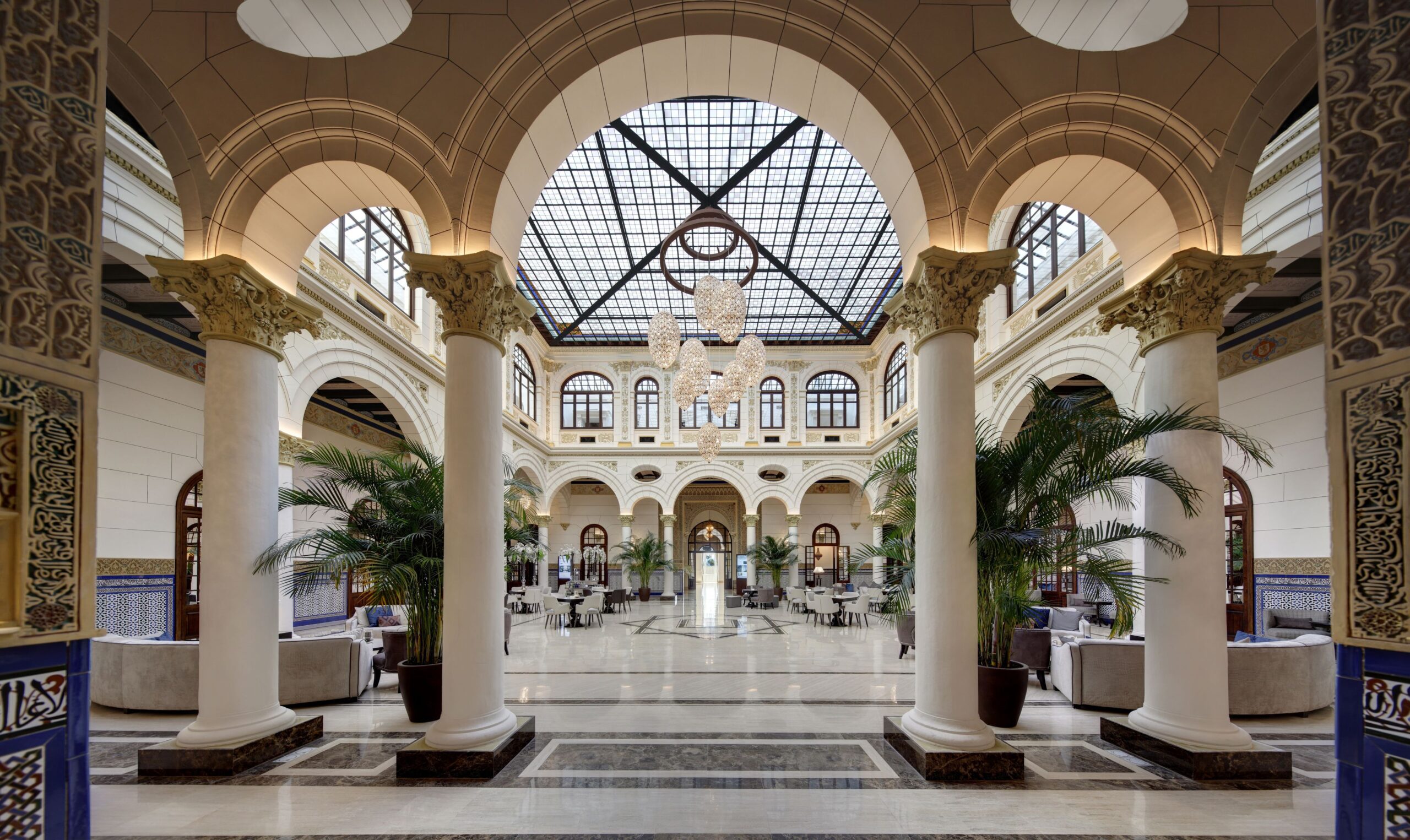Unleash Your Inner Wanderer: Dive into Spain's Hidden Gems for Insider Adventures, Epic Wanderlust, and Must-See Travel Tips
The Must See Spain Blog
A Traveler's Guide
by Kristin Espinar
Welcome to the
search our blog for help!
Hey! Do you have any advice on...
f you wander into a bustling market in Madrid or slip into a quiet tavern in Seville, you’ll soon realize that the heart of Spain pulses through food. The best Spanish dishes are more than recipes on a page — they are history, memory, geography, and culture, all simmered together. Born from hearths and coastlines, shaped by seasons and landscapes, these dishes tell stories about place and people. And once you taste them, you’ll understand why they endure.
In this article, I invite you to explore twelve of the most beloved and enduring best Spanish dishes. Each one carries with it a sense of region, tradition, and simple excellence. Consider this your stylish, informed guide — no pretension, no pressure, just honest food and good taste.

Embarking on solo travel with social anxiety might at first feel like a mismatch—but it can become a deeply meaningful journey. You don’t pretend your anxiety isn’t there; instead you invite it along and give it a seat beside you. In Spain’s layered streets—from Madrid’s grand boulevards to small fishing villages—you’ll find that travelling alone doesn’t necessarily mean loneliness. You control the pace, choose your engagements, and design your experience around your comfort.
Recognise social anxiety as a companion, not a barrier.
Accept that solo travel can be adapted to your comfort zone.
View the phrase “solo travel with social anxiety” as intentional rather than limiting.
Understand that on this journey you are creating your own terms.

When I talk about Spanish cuisine, I’m referring to a living tradition: one that pulses across regions, generations, and seasons. It’s not a monolith, but a conversation — between the mountains and the sea, between Moorish gardens and Roman roads, between local tables and evolving palates. Spanish cuisine rewards curiosity: if you wander into a small bar, ask what the cook is making, that is where you find the heart. In this article, I’ll explore the defining pillars, signature dishes, regional contrasts, and tips for tasting Spanish cuisine well — from street food to fine dining.

Walking into the lobby of a Parador in Spain is like walking into history that’s alive—an ancient castle, a quiet monastery, a fortress equipped for modern comfort without losing its bones. The stone walls know centuries; the corridors echo generations. Staying in a Parador feels less like lodging and more like lodging within a story.
If you already love Spain for its layered history, its combination of coast and hill, its slow light and late dinners—you’ll want a stay in a Parador somewhere along your journey. This post is your guide to what Paradores are, how to choose one, which standouts to aim for, and what being there feels like.
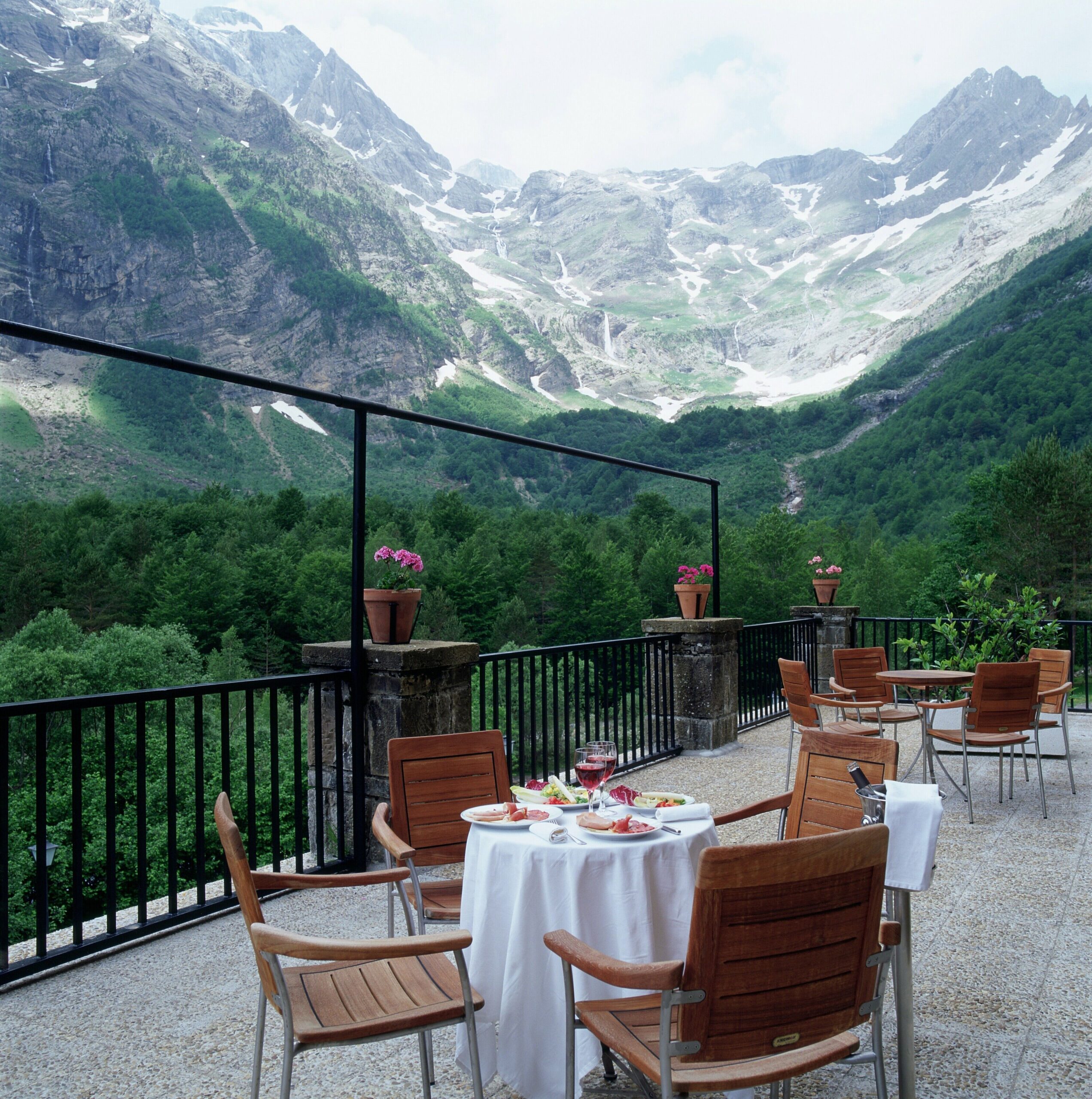
Marbella, Spain moves with quiet confidence. Mornings ease in with coffee and sun-warmed stone. By afternoon, the pace slows further—meals stretch long, and shade becomes currency. Evenings invite conversation, sea air, and second glasses of wine.
It’s a place that unfolds steadily, through simple details: tiled rooftops, narrow lanes, and the steady rhythm of coastal life. Spend a little time here, and Marbella starts to feel less like somewhere you’ve arrived, and more like somewhere you’ve slipped into.
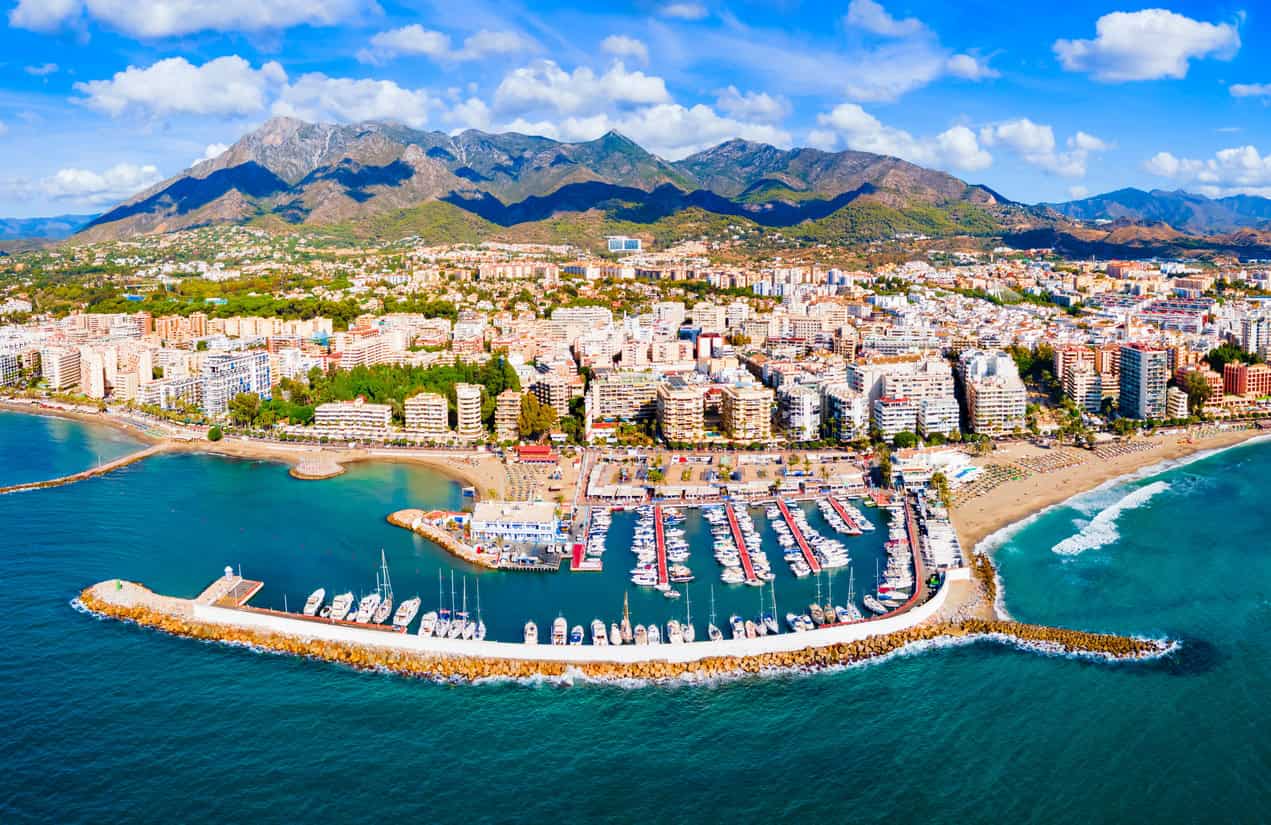
Almería basks in Mediterranean light that turns every stone wall and seaside cliff into a natural stage. Centuries of history—from Moorish rulers to spaghetti-western filmmakers—have left their mark, creating a city that is both dramatic and disarmingly relaxed. Whether you’re here for ancient fortresses or volcanic beaches, this guide gives you the savvy-friend insight you need.
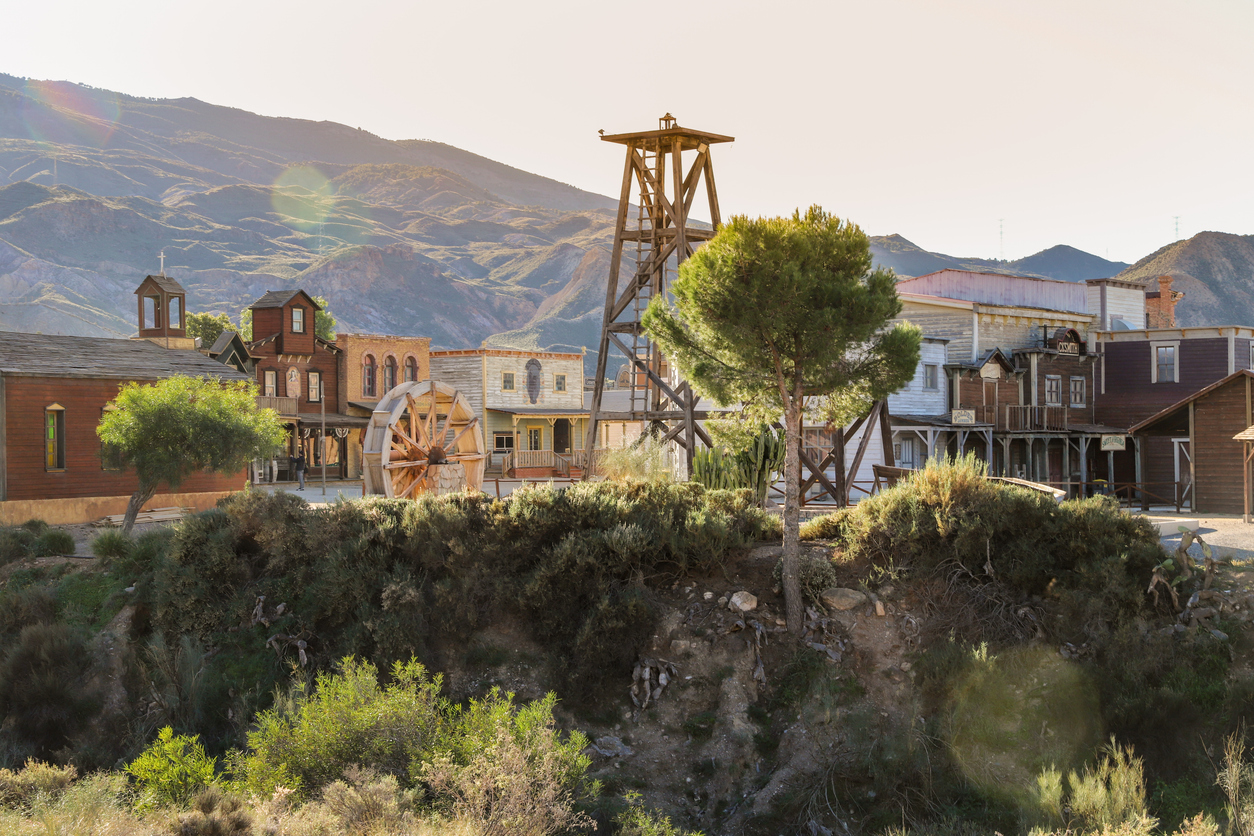
ou’ve got seven days, a Spain-shaped itch, and maybe a sense that a well-timed glass of sherry could change your life. You’re not looking to “do Europe.” You’re here for something slower. Truer. Southern Spain has a way of folding you into its rhythm—if you let it. And this itinerary? It doesn’t rush.
This southern Spain itinerary for 7 days is built like a good playlist. Big hits, deep cuts, and plenty of space between tracks. You’ll cover Seville, Córdoba, Granada, and Málaga—each with its own vibe, tempo, and unexpected edge. No bus tours. No burnout. Just cities with soul, and a plan that makes sense on the ground.
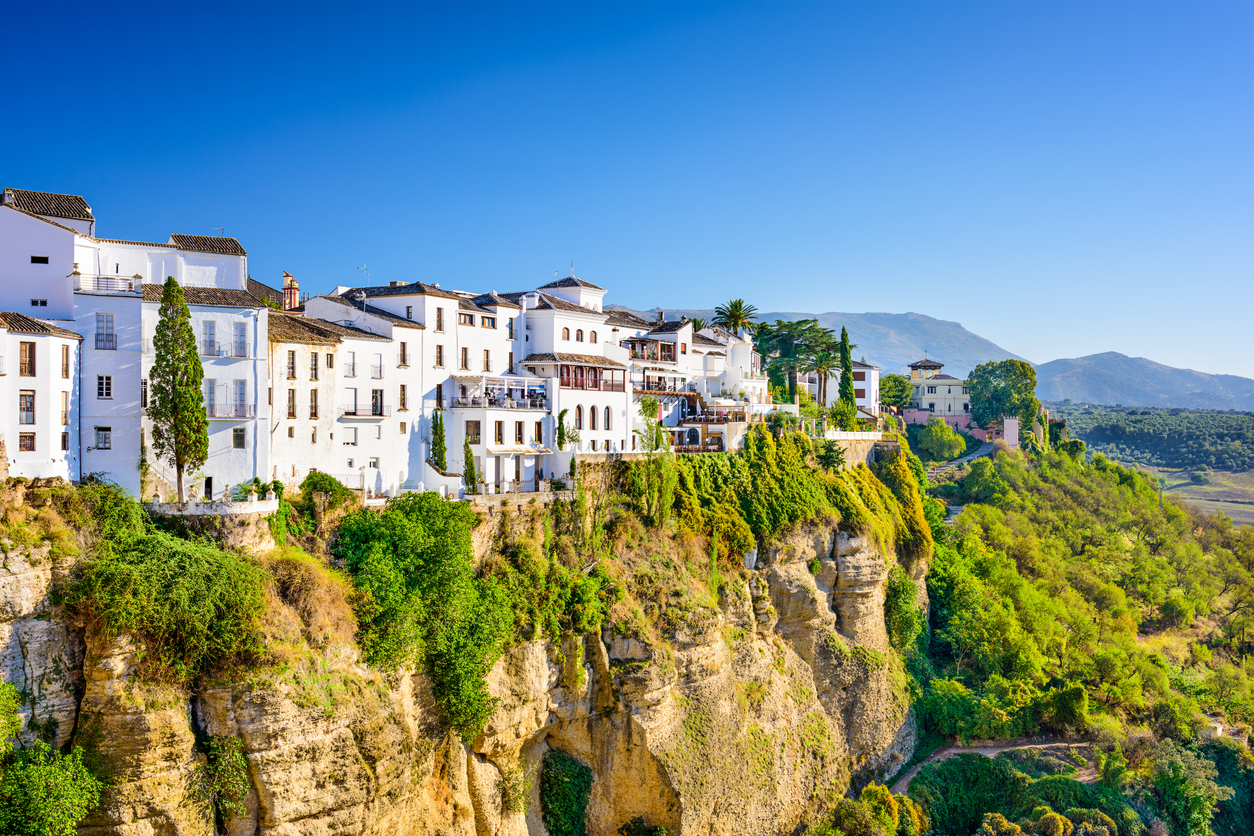
Setenil de las Bodegas isn’t your typical white village in Andalucía—it’s a town built into the rock itself. Streets disappear beneath limestone cliffs, houses tuck into caves, and cafés spill out under natural stone ceilings. It’s one of the most unusual places to visit in southern Spain, equal parts history and daily life, where Roman foundations, Moorish castles, and modern tapas bars coexist in the same winding alleys. If you’re planning a trip through Andalucía, Setenil deserves a spot on your list—not just for its dramatic setting, but for the quiet rhythm that makes it unforgettable.
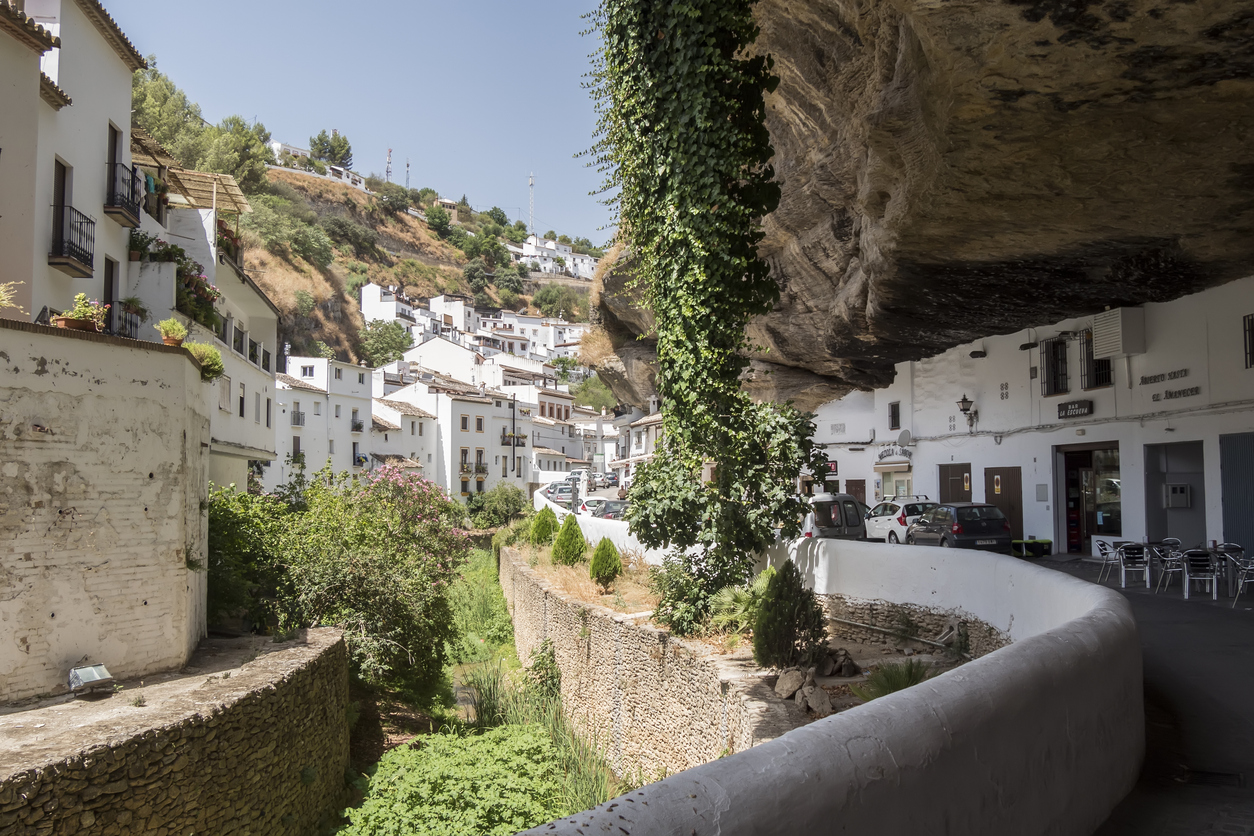
Madrid doesn’t exactly have a reputation for slowing down. This is a city that hums with flamenco steps, late-night tapas, and a calendar that never seems to sleep. Yet tucked away among its lively boulevards, I recently discovered a quieter rhythm—one that involved a basin of smooth stones, a cloud of chosen scent, and a pair of remarkably skilled hands.
Yes, I’m talking about a head spa in Madrid—a concept born in Japan, brought gently westward, and perfectly suited to counterbalance Madrid’s relentless pace. What began as a simple curiosity turned into one of the most restorative treatments I’ve experienced in Spain. And here’s the thing: it wasn’t just about my scalp or hair. It was about touch, scent, silence, and time, woven into a ritual that felt far removed from the usual massage-meets-facial formula.

10 Essentials for your Trip to Spain
How to Sound like a local in Spain
Steal my Madrid to Andalusia 10-Day Itinerary
Like what you see? You'll love these freebies!
COPYRIGHT © 2023 - 2025 · Must See Spain | WEBSITE BY elizabeth McCravy | TERMS & CONDITIONS | IMAGES By My Brand Photographer
